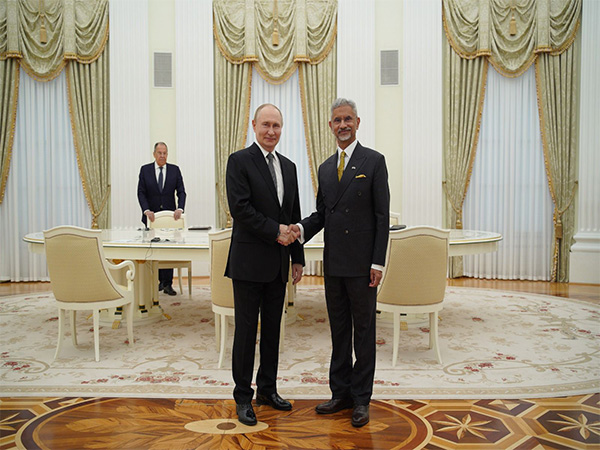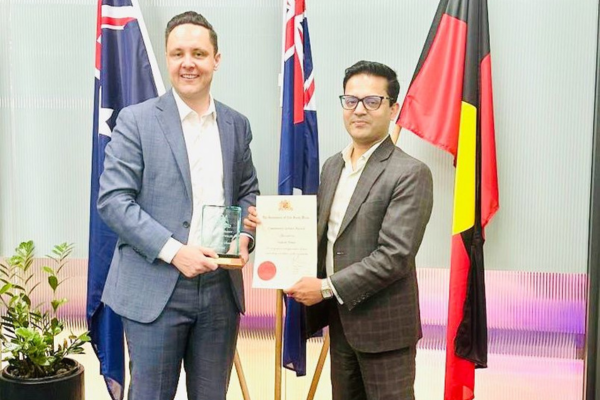Our Bureau
New Delhi
India and Australia signed an interim free trade agreement earlier this month and are now negotiating a comprehensive pact to deepen cooperation in critical minerals and their processing. Australia, which has the world’s largest lithium deposits and second-largest cobalt reserves, is prepared to facilitate Indian companies access to these resources, partnerships and investments.
Critical minerals like lithium, nickel, cobalt, copper and rare earths are essential for clean energy technologies as India transitions to electric vehicles and renewable energy. These minerals are also crucial for cutting-edge technologies like semiconductor chips and strategic defense equipment.
The two countries are working to integrate their economies in terms of battery production, mineral production and processing, and vehicle manufacturing. This partnership aims to counter China’s dominance in the critical minerals supply chain.
The recent establishment of the Australia-India Critical Minerals Research Hub marks a significant advancement in the bilateral relations between Australia and India, alongside the interim free trade agreement. This initiative, a collaboration between the Indian Institute of Technology Hyderabad and Monash University, aims to bolster research and development in the extraction and processing of critical minerals, emphasizing sustainable practices and comprehensive supply chain analyses.
As prominent members of the Quad alliance, both nations are increasingly cognizant of China’s dominant position in the critical minerals sector, which has heightened their focus on developing secure and resilient supply chains for these essential resources.
The hub, recently approved by India’s education ministry, is set to facilitate collaborative research efforts and enhance capabilities in the critical minerals field, addressing the growing demand for materials vital for clean energy technologies and advanced manufacturing.
The India-Australia Critical Minerals Partnership aims to ensure a reliable supply of essential minerals critical for modern technologies. By working together, both nations seek to diversify and strengthen their supply chains, thereby minimizing reliance on any single country.
The partnership is particularly significant as it aligns with global efforts to transition to clean energy, reducing emissions and bolstering energy security.

























